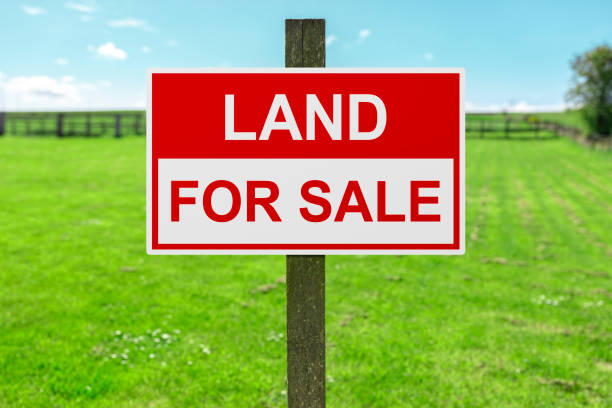
 Owning land comes with a myriad of rights and responsibilities that are essential to understand to navigate property ownership effectively. Whether you’re a seasoned landowner or considering purchasing property, it’s crucial to be aware of your legal rights and obligations.
Owning land comes with a myriad of rights and responsibilities that are essential to understand to navigate property ownership effectively. Whether you’re a seasoned landowner or considering purchasing property, it’s crucial to be aware of your legal rights and obligations.
In this article, we’ll delve into the key legal aspects of landownership, including property rights, duties, and potential liabilities.
- Ownership Rights: As a landowner, you possess certain fundamental rights over your property, including the right to exclusive possession, use, and enjoyment. This means you have the authority to control who enters your property and how it is utilized, subject to applicable laws and regulations.
- Property Development: Landowners have the right to develop their property within the constraints of zoning laws, building codes, and other regulatory requirements. This includes constructing buildings, making improvements, and landscaping, provided that it complies with local regulations and does not infringe on neighboring properties’ rights.

- Easements and Encroachments: It’s essential to be aware of any easements or encroachments on your property. Easements grant specific rights to individuals or entities to use a portion of your land for a particular purpose, such as access or utilities. Encroachments occur when a neighboring property or entity unlawfully intrudes upon your land, which may require legal action to address.
- Property Taxes: Landowners are responsible for paying property taxes assessed by the local government. These taxes fund public services and infrastructure, such as schools, roads, and utilities. Failure to pay property taxes can result in penalties, liens, or even foreclosure on the property.

- Liability and Duty of Care: Landowners have a duty of care to ensure their property is safe for visitors and occupants. This includes maintaining the premises in a reasonably safe condition, addressing hazardous conditions promptly, and providing warnings of potential dangers. Failure to fulfill this duty can result in liability for injuries or damages suffered by others on the property.
- Environmental Regulations: Landowners must comply with environmental regulations governing land use, pollution, and conservation. This may include restrictions on development in environmentally sensitive areas, remediation of contaminated sites, and compliance with wetland protection laws.

- Boundary Disputes: Boundary disputes can arise over property lines, fences, or other boundary markers. It’s essential to clarify property boundaries through surveys and legal documentation to avoid conflicts with neighboring landowners. In the event of a boundary dispute, legal recourse may be necessary to resolve the issue.
- Leasing and Land Use Agreements: Landowners may choose to lease or rent their property to tenants for residential, commercial, or agricultural purposes. It’s important to enter into legally binding lease agreements that outline the rights and responsibilities of both parties, including rent payments, maintenance responsibilities, and lease terms.
Understanding the legal rights and responsibilities of landowners is essential for protecting your interests and complying with applicable laws and regulations. Whether you’re a property owner, prospective buyer, or tenant, being aware of these legal aspects empowers you to make informed decisions and effectively manage your property assets.












